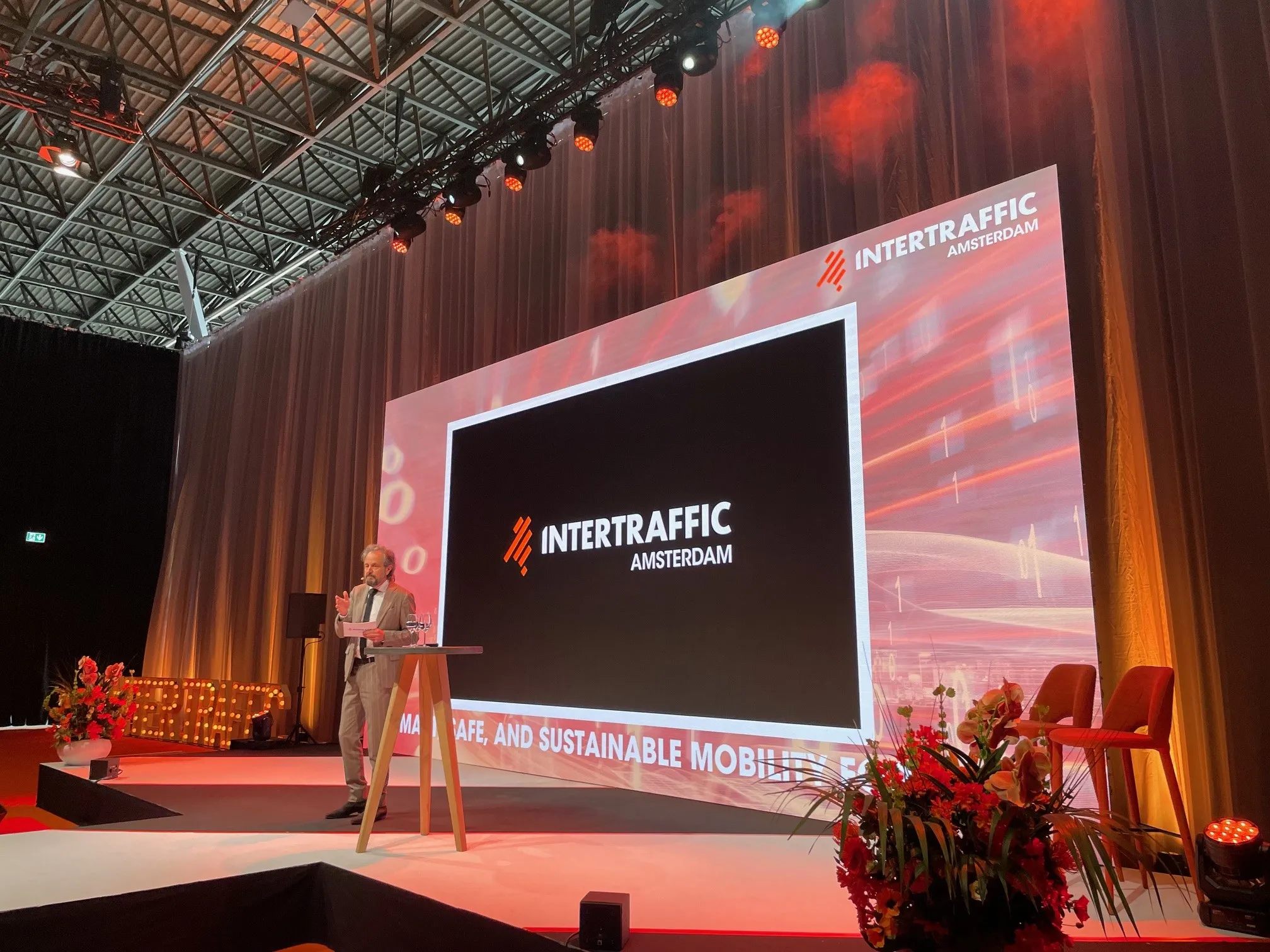Lauchlan McIntosh, member of the Order of Australia (AM), will receive The Max Lay Lifetime Achievement Award at this year’s
The industry nominated award is named after Dr Max Lay AM, who is a globally recognised pioneer and leader in Intelligent Transport Systems.
The Hon Tim Pallas MP, treasurer of Victoria, will be attending the awards ceremony where presentations will be made to winners of the industry, government, automated vehicle (sponsored by ADVI), research and young professional categories.
McIntosh was president of ITS Australia 1996-2002, and led the 8th ITS World Congress, the first in Australia, hosted in Sydney, 2001, which attracted over 3,000 Australian and international delegates.
Before his appointment as executive director of the Australian Mining Industry Council, 1986-1994, McIntosh was a geologist, technical and mine manager. His achievements in the transport technology sector include being executive director of the Australian Automobile Association 1994-2006; president ITS Australia 1996-2002, and; past chair of ANCAP Australasia Ltd. In addition, he has been fellow of the Australasian College of Road Safety 2006; president and fellow of the Australasian College of Road Safety since 2007, and; appointed a member of the Order of Australia (AM) 2007. Most recently he has been awarded the John Shaw Medal by Roads Australia 2013 and has also been chairman of Global NCAP since September 2017.
McIntosh, said: “The challenge for ITS today, is perhaps the same as it has been over the past 25 years. Being pragmatic about the potential, excited about the opportunities and realistic about the benefits.”
“Today there is rightly great enthusiasm and support for autonomous vehicle projects, connected vehicles and infrastructure. However, when compared with our international peers we are lagging in our introduction of proven semi-autonomous crash reducing technologies and real time driver monitoring and distraction technology knockout devices, which will save lives and reduce injuries in very large numbers today.”
Lauchlan McIntosh to receive The Max Lay Lifetime Award at ITS Australia National Awards 2017
Lauchlan McIntosh, member of the Order of Australia (AM), will receive The Max Lay Lifetime Achievement Award at this year’s ITS Australia National Awards ceremony, held at The Pavillion Arts Centre Melbourne, 23 November 2017. ITS Australia president Brian Negus announced that McIntosh has been recognised for his outstanding contribution to improving the safety and mobility of the community. The industry nominated award is named after Dr Max Lay AM, who is a globally recognised pioneer and leader
October 24, 2017
Read time: 2 mins









